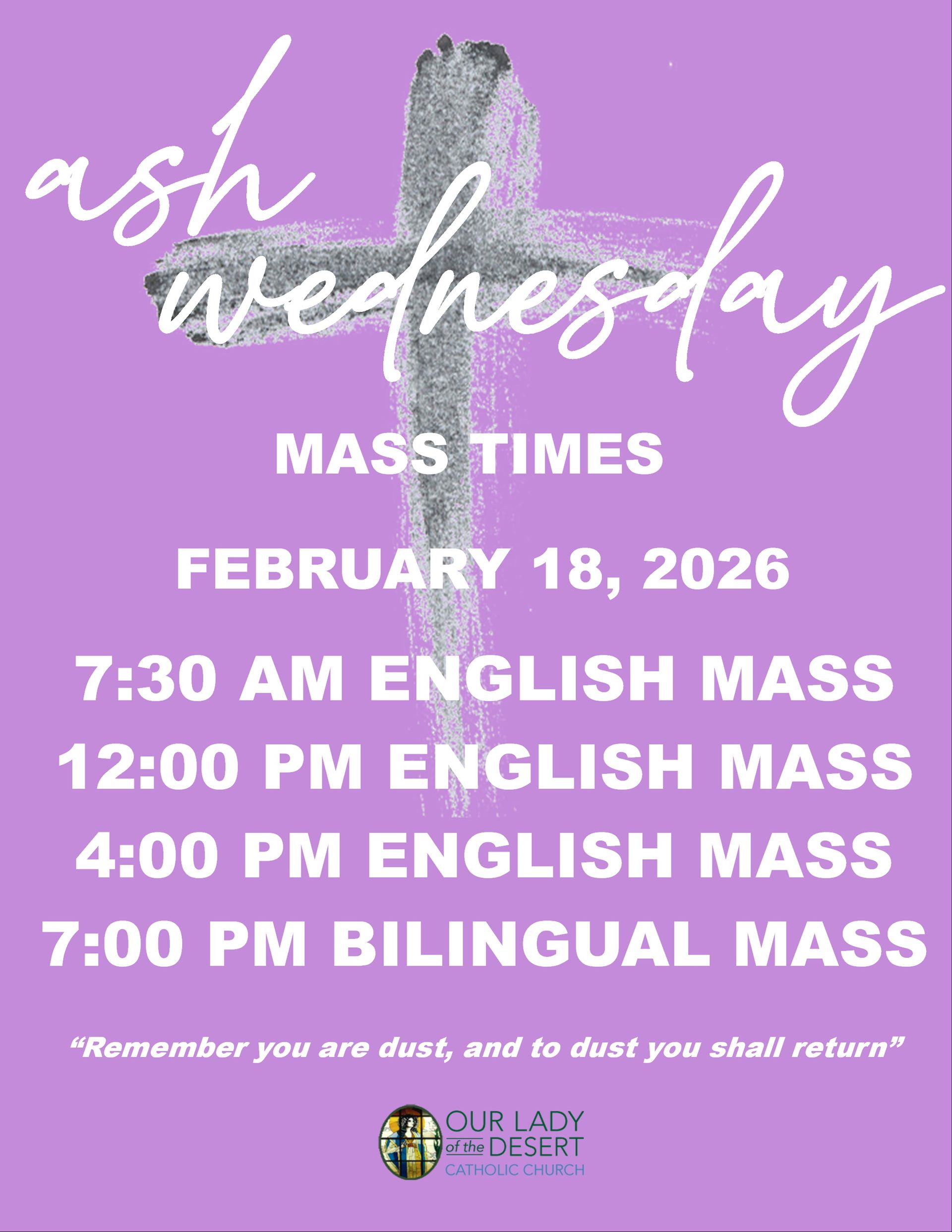New parable: What good is it to profess faith without practicing it?
There was a woman drawn to the mystic. This woman lived a contemplative life of prayer and meditation. She burned incense and votive candles, walked labyrinths, prayed Rosary after Rosary, novena after novena. She wore scapulars and blessed medals. She kept holy water in her home, listened to sacred chant and read the writings of the mystic saints. This woman made every conscious effort to keep her life simple, and she avoided many of the snares of consumerism.
Yet this woman so consumed herself with all of her rites and rituals that she had no time or energy left for charitable works in the world. Sequestered away in her solitude, she failed to realize she spent many hours contemplating justice and peace, yet never actually engaged in efforts to support justice and peace. And because of her inaction, her prayers always felt a bit hollow and unanswered.
There was another woman blessed with a contemplative nature. This woman, too, expressed her soul through rites and rituals, sacramentals and prayers. She, too, read the writings and biographies of the mystic saints. She, too, lived a simple life rich with devotion.
Yet this woman recognized the need to be involved in the world more directly. She understood how to respond to the New Testament’s query, “What good is it . . . if someone says he has faith but does not have works?” (Jas 2:14)
She understood that she could not cloister herself from the world. This woman believed that contemplating justice and peace was not enough; she knew her call to holiness meant she must act for justice and peace. And because this woman’s direct experience of the world deepened her empathy, her prayers were fervent and bore much fruit.
This article comes to you from Grace In Action ( Our Sunday Visitor ) courtesy of your parish or diocese.







